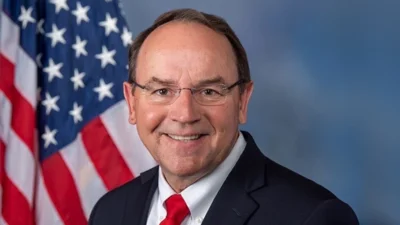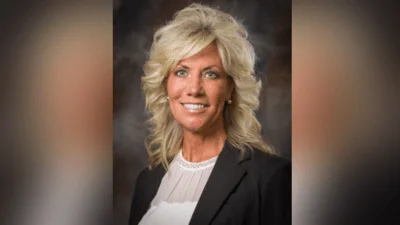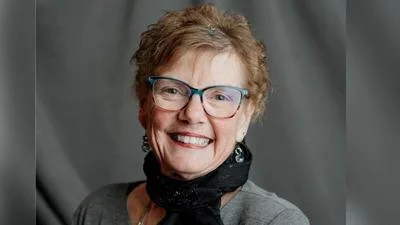Scott Krug, Wisconsin State Representative for 72nd District | www.facebook.com
Scott Krug, Wisconsin State Representative for 72nd District | www.facebook.com
According to the Wisconsin State Legislature's official website, the bill was described as follows: "standard industrial classification codes for linen supply and industrial launderers and modifying the manufacturing and agriculture tax credit. (FE)".
The following is our breakdown, based on the actual bill text, and may include interpretation to clarify its provisions.
In essence, this bill incorporates new Standard Industrial Classification (SIC) codes for linen supply (7213) and industrial launderers (7218) to categorize their property as manufacturing, thereby qualifying them for specific property tax assessments. It revises the definition of "qualified production property" for the manufacturing and agriculture tax credit to include items such as uniforms, linens, and various work-related apparel that are laundered or dry-cleaned and exchanged with industrial, commercial, or government entities. The changes related to property tax exemptions take effect January 1, 2025, as do the modifications impacting the tax credits, applicable from the start of taxable years on the same date.
The bill was co-authored by Senator Rob Hutton (Republican-5th District), Representative Rick Gundrum (Republican-58th District), Representative Dave Maxey (Republican-83rd District), Representative David Murphy (Republican-56th District), and Representative Jerry L. O'Connor (Republican-60th District). It was co-sponsored by Senator Steve L. Nass (Republican-11th District) and Senator Patrick Testin (Republican-24th District).
Scott Krug has co-authored or authored another 25 bills since the beginning of the 2025 session, with none of them being enacted.
Krug graduated from the University of Wisconsin at Green Bay in 2008 with a BAS and again in 1999 from Mid-State Technical College with an AA.
Krug, a Republican, was elected to the Wisconsin State Assembly in 2011 to represent the state's 72nd Assembly district, replacing previous state representative Marlin D. Schneider.
In Wisconsin, the legislative process starts when a senator, constituent, group, or agency proposes an idea for a bill. After drafting, the bill is introduced, numbered, and referred to a committee for review and public input. If approved, it moves through three readings and votes in both the Senate and Assembly. Once both chambers pass the same version, the bill goes to the governor, who can sign it, veto it, or let it become law without a signature. Only a small share of bills introduced each session ultimately become law. You can learn more about the Wisconsin legislative process here.
| Bill Number | Date Introduced | Short Description |
|---|---|---|
| AB183 | 04/15/2025 | Standard industrial classification codes for linen supply and industrial launderers and modifying the manufacturing and agriculture tax credit. (FE) |
| AB177 | 04/15/2025 | Sales and use tax exemption for diapers and feminine hygiene products. (FE) |
| AB154 | 04/02/2025 | Use of certified seed potatoes in planting potatoes and providing a penalty. (FE) |
| AB128 | 03/11/2025 | Requiring first responders to be trained to administer epinephrine delivery systems. (FE) |





 Alerts Sign-up
Alerts Sign-up